In modern China, the struggle for free expression is a complicated game fraught with ambiguities.
China is no stranger to the scrutiny of cultural critics and human rights activists. The country’s leadership is well-known for restricting free expression in the arts and literature openly and without reservations, not just in its modern incarnation, but throughout its long history. But it is in modern China that the struggle for free expression and open dialogue became a complicated game fraught with ambiguities.
Gray Areas
During the Great Leap Forward and the Cultural Revolution, cultural restrictions were black and white: All aspects of arts and culture were to promote the people’s revolution and aid the state. Anything outside these boundaries was met with severe consequences. Post-Mao, however, the situation is highly ambiguous. China has to straddle the tricky line of presenting itself as a more open society while containing unrest and challenges to their authority. There are topics which are expressly forbidden – the Cultural Revolution, the Tiananmen Square incident in 1989, the Tibetan struggle for freedom, the promotion of Falun Gong – but anything outside these precepts is a vast gray area.
For example, the writer Wang Shuo has had his books labeled as “spiritual pollutants” for his frank depiction of a generation of wayward youth in the post-Mao era. There are efforts to ban his books and while some have been successful, others are freely available. Meanwhile, Zhou Weihui’s Shanghai Baby, which chronicled the turbulent love life of a young Chinese woman, was banned and copies were publicly burned. The decision to ban one but not the other is open to interpretation; one can argue that authorities were uncomfortable with a female writer’s blunt portrayal of sexuality in Shanghai Baby, although the works of Mian Mian, a contemporary of Zhou Weihui who also writes openly about sex and drugs, has never been banned.
Confounding the situation is the increased scrutiny during “sensitive” periods, when authorities change the rules depending on the political climate. This can be anytime China has an increased international presence, such as the 2008 Olympics, or during times of controversy, such as the anniversary of Tiananmen Square on June 4th. A recent example is the clash between the Chinese government and the Nobel Committee. The writer and literary critic Liu Xiaobo was awarded the 2010 Peace Prize during his time as a political prisoner; he has been incarcerated since 2009 for “inciting subversion of state power” (a charge often leveled at dissident writers and activists).
Liu, whose writings have been banned since 1989, has been a vocal critic of the one-party system and a proponent of a democratic China, culminating in the formation of Charter 08, a manifesto calling for the dismantling of the current political system. The Chinese government saw the prize as an insult and an affront to its authority, accusing the Norwegian government (which has no say in who receives the awards) of interfering with internal issues.
The government employs millions of ‘Internet nannies’ to police online activity, continually ban sites (like Facebook and The New York Times) that they deem inappropriate, influence foreign companies to censor their China-based sites (like LinkedIn recently did) and even slow down Internet service, all in an effort to control what can be seen by their citizens.
During this period of geopolitical conflict, culture and art was affected. ShContemporary, which undergoes strict vetting of the artworks shown, is an annual art fair which has had its fair share of encounters with censorship. In 2012, one of its participants, the Belgian gallery J. Bastien Art, was asked to remove ink paintings by the writer and artist Gao Xingjian from its booth. Gao is a recipient of the Nobel Prize for Literature (awarded in 2000) and a celebrated writer in China; his work has been praised by no other than former Premier Zhu Rongji. Authorities gave no official reason for their request to take down the works, stating only that they were “sensitive.”
Internet Hydra
Repression of rights has taken on a new form to combat the increasingly open society of the new China. They resort to more obscure means and creative language to target people. For example, the incarceration of artist Ai Weiwei in 2012 was ostensibly for tax evasion; at the time, several high profile arrests were made related to custom tax evasion in the art world. But the artist has been politically active for some time and was particularly passionate about the preventable deaths related to the devastating Sichuan earthquake in 2008, eventually creating an installation to honor the dead. Most recently, a major group show at the Ullens Center for Contemporary Art in Beijing was to feature a piece by Ai Weiwei. Under pressure from local authorities, the curator pulled the artist’s work from the exhibition and accompanying catalogue.
The case of Ai Weiwei presents a new kind of problem for the government. The artist first became known for his political views through his blog, begun in 2006, in which he wrote frankly about his view on government policies, art and his own life. The blog was shut down in 2009. Despite efforts by the government to control information on the Internet, there remains a teaming subculture of dissidence and critical discourse, where anonymity emboldens people to speak their mind and seek out information that has been stricken from the official records. Like the hydra, cut off one head and two others grow in its place.
As elsewhere in the world, the Internet often propagates rumors and gossip. After the Sichuan earthquake, there was widespread speculation that the government knew about the impending disaster and did nothing to stop it. This kind of misinformation, while wildly irrational, is steeped in a deep mistrust of the government. Much of the discourse that flows out of China is only a small fraction of what is actually going on, online and otherwise.
The government employs millions of “Internet nannies” to police online activity, continually ban sites (like Facebook and The New York Times) that they deem inappropriate, influence foreign companies to censor their China-based sites (like LinkedIn recently did) and even slow down Internet service, all in an effort to control what can be seen by their citizens. But even these efforts are not enough to curb the reach of the Internet.
Forbidden Information
Hong Kong and Taiwan offer another avenue for Mainland Chinese to access forbidden information. It is now relatively easy for Mainlanders to travel to these areas and stock up on publications dealing with politically sensitive topics. Hong Kong based publishers like New Century Press deal in books that explore these topics and by far their largest audience is Mainland Chinese who are living in Hong Kong and tourists travelling through. Obvious bestsellers in bookstores in Hong Kong are works dealing with political scandals, like the Bo Xilai case or the recent Xi Jinping corruption scandals. But New Century Press also finds surprising success with works dealing with historical accounts, such as Chinese History Revisited, which re-evaluates Chinese history up to the end of the Qing Dynasty.
While the future seems promising in terms of the Chinese people’s ability to access information, it is important to note that the government has become even more vigilant in curbing freedoms. In addition to Ai Weiwei, numerous activists, lawyers and journalists have been arrested in recent years. One artist, Guo Jian, was even deported earlier this year in response to a work where he covered a diorama of Tiananmen Square in ground pork (a reference to government corruption).
Some see these actions as a desperate attempt from a government that may lose their power grip as the Chinese become increasingly aware and frustrated with restrictive government policies and corruption. But as long as the Chinese economy remains strong and the country plays an ever important role on the global stage, the government will be emboldened to continue their iron hand approach to power.
The views expressed in this article are the author’s own and do not necessarily reflect Fair Observer’s editorial policy.
Support Fair Observer
We rely on your support for our independence, diversity and quality.
For more than 10 years, Fair Observer has been free, fair and independent. No billionaire owns us, no advertisers control us. We are a reader-supported nonprofit. Unlike many other publications, we keep our content free for readers regardless of where they live or whether they can afford to pay. We have no paywalls and no ads.
In the post-truth era of fake news, echo chambers and filter bubbles, we publish a plurality of perspectives from around the world. Anyone can publish with us, but everyone goes through a rigorous editorial process. So, you get fact-checked, well-reasoned content instead of noise.
We publish 2,500+ voices from 90+ countries. We also conduct education and training programs
on subjects ranging from digital media and journalism to writing and critical thinking. This
doesn’t come cheap. Servers, editors, trainers and web developers cost
money.
Please consider supporting us on a regular basis as a recurring donor or a
sustaining member.
Will you support FO’s journalism?
We rely on your support for our independence, diversity and quality.










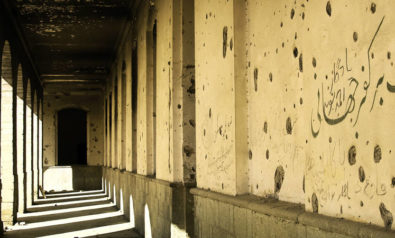

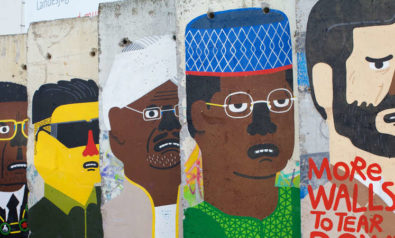
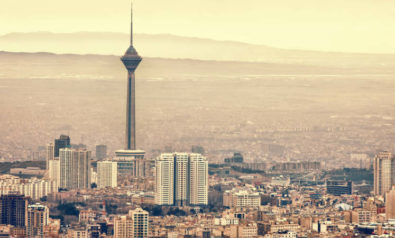
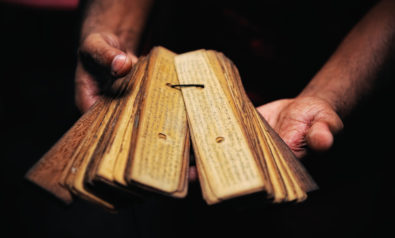

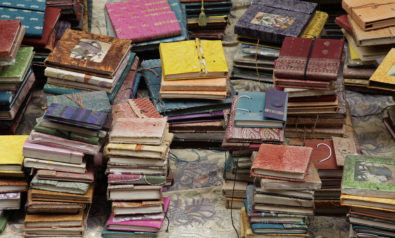
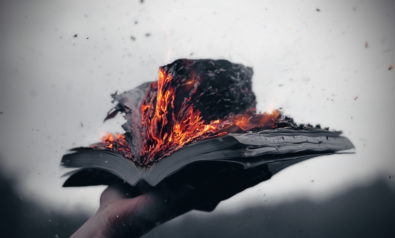

Comment